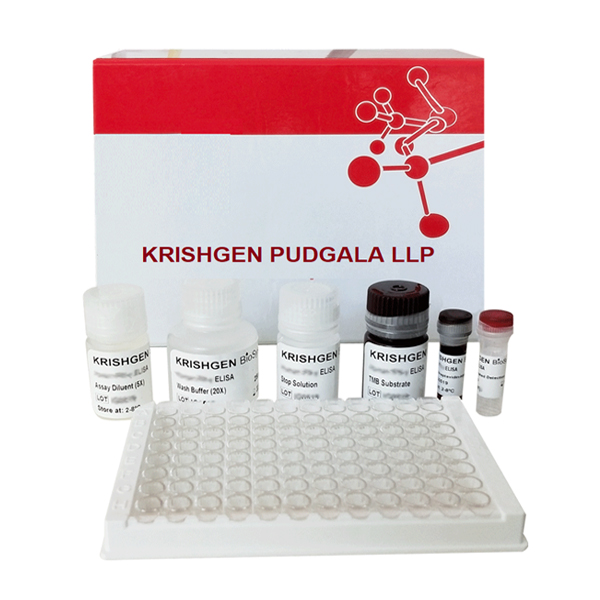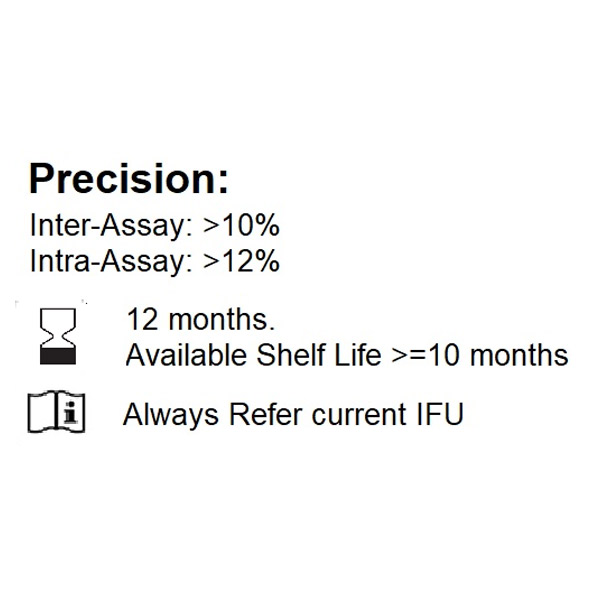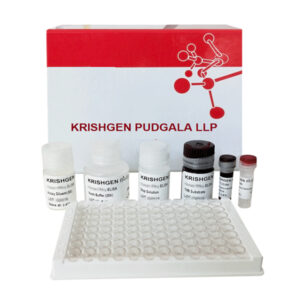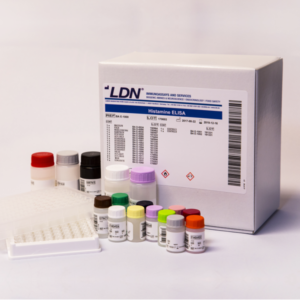Introduction: Anti-Mullerian hormone (AMH), a peptide growth factor of the transforming growth factor-? family, is well known for its role in sexual differentiation. In men, AMH is secreted from the Sertoli cells of the testes, promotes Mullerian duct regression, and initiates male phenotypic development. In women anti-Mullerian hormone (AMH) is produced in the ovary by granulosa cells of antral follicles. The hormone plays a significant role in the development of reproductive organs in both sexes during the embryonic period. A gradual increase in AMH levels is observed in girls from the first day of life, with maximum levels observed in women at around the age of 25. In an adult woman AMH levels gradually decrease until they reach values below detectable limits in postmenopausal women.




